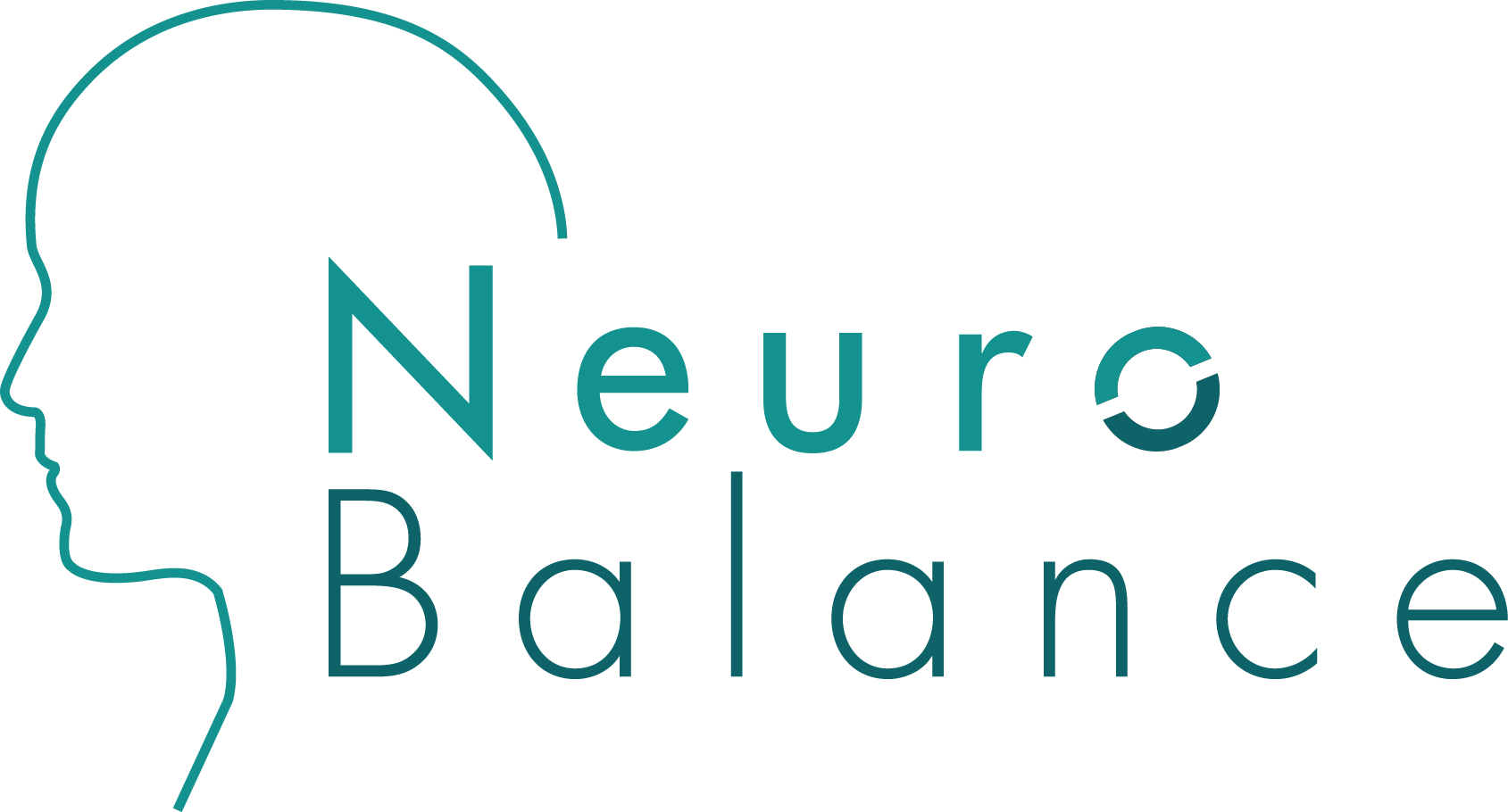Can Your Morning Expresso Protect Against Alzheimer's ?
What Does the Science Say?
For many of us, the day doesn’t truly start until we’ve had that first sip of coffee. Whether it's the rich aroma, the comforting warmth, or the jolt of energy, coffee is a beloved ritual. But did you know your morning espresso might also be helping your brain? Recent research has uncovered a fascinating potential benefit—espresso could play a role in protecting against neurodegenerative diseases, like Alzheimer’s. What does the science say on how your daily brew may be more than just an energy booster.
The Study: Espresso and Brain Health
A study published in the Journal of Agricultural and Food Chemistry suggests that espresso contains compounds that may protect the brain against neurodegeneration. Researchers conducted an in vitro experiment to understand how espresso extracts interact with tau proteins, which, when misfolded and aggregated, contribute to Alzheimer’s disease. They found that the compounds in espresso inhibited the aggregation of these proteins, suggesting a neuroprotective effect.
Interestingly, the study showed that whole espresso extracts were more effective than isolated compounds, pointing to a synergistic effect of the natural chemicals found in the coffee. While this research is still in its early stages (and was done outside the human body), it opens up exciting possibilities for how we think about everyday foods and brain health.
How to Prepare Your Brain-Boosting Brew
If you're looking to incorporate this potential brain-protective drink into your routine, here's how to do it right:
Choose a quality espresso blend: Opt for medium-roast blends of Arabica and Robusta beans, like the ones used in the study, for a balanced flavor and potential health benefits.
Moderation is key: Studies suggest that two to three cups of espresso daily could provide benefits without overwhelming your system with caffeine.
Mind your timing: For optimal energy and brain support, drink your espresso in the morning. Try to avoid caffeine at least eight hours before bedtime to ensure it doesn’t disrupt your sleep, which is essential for brain health.
The Science of Coffee and Neuroprotection
Coffee’s potential benefits for brain health extend beyond this recent study. Coffee is rich in antioxidants and anti-inflammatory compounds, which have been linked to reduced cognitive decline. Previous research has also suggested that regular, moderate coffee consumption can lower the risk of Alzheimer’s, Parkinson’s, and other forms of dementia. It appears that compounds like polyphenols, which are abundant in coffee, may protect neurons from damage and reduce harmful inflammation in the brain.
Takeaway
While more research is needed to determine how espresso might directly impact Alzheimer’s prevention, this study adds to a growing body of evidence that coffee can be part of a brain-healthy diet. So, the next time you savor your morning espresso, remember: you could be doing your brain a favor. Just keep it balanced, enjoy the ritual, and cheers to your cognitive health!
If you're curious to learn more about this research, you can read the full article Mindbodygreen
tps://www.mindbodygreen.com/articles/study-finds-espresso-may-help-protect-against-alzheimers).
-A Balanced Brain is a Better Brain for a Happier Life-
